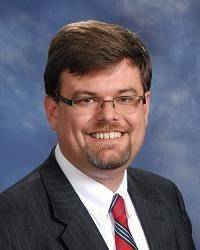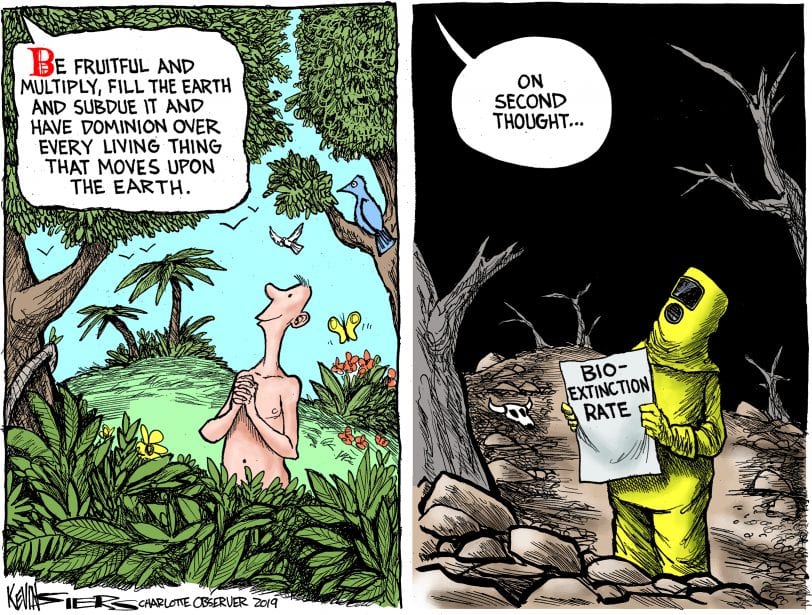BY MARK Y.A. DAVIES
 The peripeteia, or turning point, of a story is sometimes difficult to ascertain the first time one is reading it. It is often only in looking back on the story in its entirety that we see the turning point that changes everything or that leads the story in a decidedly new direction. The turning point of a story can take the narrative in a wide variety of possible directions on a spectrum from the positive and transformative to the tragic and destructive.
The peripeteia, or turning point, of a story is sometimes difficult to ascertain the first time one is reading it. It is often only in looking back on the story in its entirety that we see the turning point that changes everything or that leads the story in a decidedly new direction. The turning point of a story can take the narrative in a wide variety of possible directions on a spectrum from the positive and transformative to the tragic and destructive.
In our current story of humanity creating a climate crisis, are we experiencing the peripeteia that will lead us away from climate chaos?
Will the Green New Deal be the turning point? Will it be the youth climate movement gaining momentum around the world? Will it be indigenous peoples calling us, leading us, and showing us the way to more responsible care of the earth? Will it be cities urgently and creatively working together for ways towards a zero carbon footprint? Will it be communities and neighborhoods growing their own food and focusing on enhancing local and sustainable economies? Will it be a combination of these movements and ones yet to break into greater public awareness?
Or is the turning point yet to come in the near or distant future? If so, how much time is left to make the turning? Our best climate scientists are telling us that the turning must happen now, before 2030, if we hope to have anything remotely close to a positive ending of our climate story. There is genuine concern among that the time for a peripeteia towards a livable climate may have already passed us by.
We may not know whether the turning has begun or not, but it is fiercely urgent that we continue our work together of writing the turning in this story of the climate crisis of our own making. May we write together with our lives one of the greatest and most transformative stories ever told.
If we don’t, we will look back and realize that the peripeteia was a turning towards the tragedy of climate chaos rather than a turning towards a livable climate for our human and ecological communities.
– Mark Y.A. Davies is the Wimberly Professor of Social and Ecological Ethics and director of the World House Institute for Social and Ecological Responsibility at Oklahoma City University. Click herefor more of his essays.







